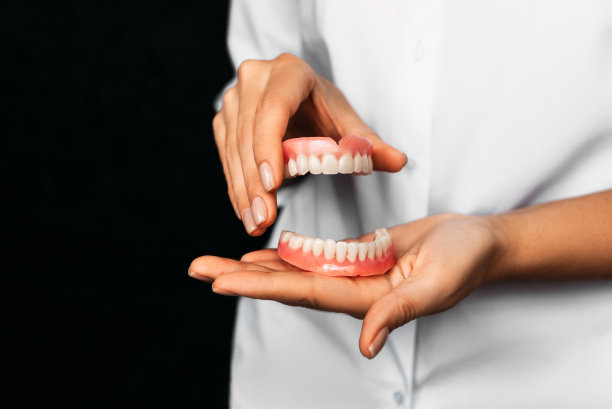Combatting Periodontal Disease A Comprehensive Guide to Oral Health
Summary: Combatting Periodontal Disease: A Comprehensive Guide to Oral Health explores the various aspects of maintaining oral hygiene and preventing periodontal disease. This article delves into the importance of oral health, common symptoms of periodontal disease, preventive measures, and treatment options to combat this prevalent oral health issue.
1. Importance of Oral Health

Oral health plays a crucial role in overall well-being, as it is closely linked to systemic health. Healthy gums and teeth contribute to better digestion, speech, and confidence. Regular dental check-ups and proper oral hygiene practices are essential to prevent periodontal disease.
Poor oral health can lead to various health complications beyond the mouth, such as cardiovascular diseases, diabetes, and respiratory issues. Maintaining good oral hygiene habits, including brushing, flossing, and using mouthwash, can significantly reduce the risk of developing periodontal diseases.
Moreover, dental visits allow professionals to detect early signs of periodontal disease and provide timely interventions. Educating individuals on the importance of oral health can lead to long-term benefits and improve their quality of life.
2. Symptoms of Periodontal Disease
Periodontal disease manifests through various symptoms that individuals should be aware of. Common signs include red, swollen, or bleeding gums, persistent bad breath, loose teeth, and receding gum lines. Ignoring these signs can result in the progression of the disease and irreversible damage to the oral structures.
In advanced stages, periodontal disease can cause gum recession, bone loss, and eventual tooth loss. Early detection of these symptoms through regular dental check-ups enables prompt treatment to prevent further complications. Understanding the signs and symptoms of periodontal disease empowers individuals to take proactive steps towards maintaining their oral health.
Furthermore, factors such as smoking, genetics, hormonal changes, and certain medical conditions can increase the risk of developing periodontal disease. By recognizing these risk factors and addressing them with appropriate guidance from dental professionals, individuals can reduce their susceptibility to this condition.
3. Preventive Measures
Preventing periodontal disease involves adopting proactive measures to safeguard oral health. Daily oral care routines, such as brushing teeth twice a day with fluoride toothpaste and flossing, help remove plaque and prevent the buildup of harmful bacteria. Additionally, using antibacterial mouthwash can enhance oral hygiene and reduce the risk of gum infections.
Regular dental cleanings and check-ups are crucial in preventing periodontal disease. Professional cleanings remove hardened plaque (tartar) that cannot be eliminated through regular brushing and flossing. Dentists can also assess the oral cavity for any signs of inflammation or infection and provide personalized recommendations for optimal oral health.
Furthermore, a balanced diet rich in fruits, vegetables, and lean proteins promotes good oral health and overall well-being. Limiting sugary and acidic foods can help prevent dental erosion and cavities. Taking proactive steps towards preventive care ensures long-term oral health and reduces the likelihood of developing periodontal disease.
4. Treatment Options
When periodontal disease is present, seeking timely treatment is essential to prevent its progression and restore oral health. Treatment options vary depending on the severity of the condition and may include non-surgical procedures such as scaling and root planing to remove plaque and tartar from deep gum pockets.
In cases of advanced periodontitis, surgical interventions like flap surgery or bone grafting may be necessary to repair damaged tissues and promote gum regeneration. Dentists may also prescribe antibiotics or antimicrobial mouth rinses to control bacterial infections and support healing after treatment procedures.
Post-treatment, maintaining diligent oral hygiene practices and attending regular follow-up appointments are vital to prevent recurrence of periodontal disease. Dentists can provide guidance on optimal home care routines and monitor patients oral health to ensure long-term success and prevent complications.
Summary:
Combatting Periodontal Disease: A Comprehensive Guide to Oral Health emphasizes the significance of maintaining oral hygiene to prevent periodontal disease. By understanding the importance of oral health, recognizing symptoms of periodontal disease, adopting preventive measures, and exploring various treatment options, individuals can proactively protect their dental well-being and overall health.
This article is compiled by Vickong Dental and the content is for reference only.



